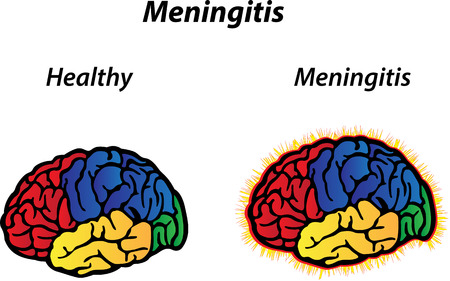Comparing NHS and Private Interventions for Developmental Delay in British Children
Introduction to Developmental Delay in British ChildrenDevelopmental delay refers to when a child does not reach certain milestones in their physical, cognitive, communication, social, or emotional development at the expected times. In the UK, it is estimated that around 1 in 6 children may experience some form of developmental delay during their early years. This…







